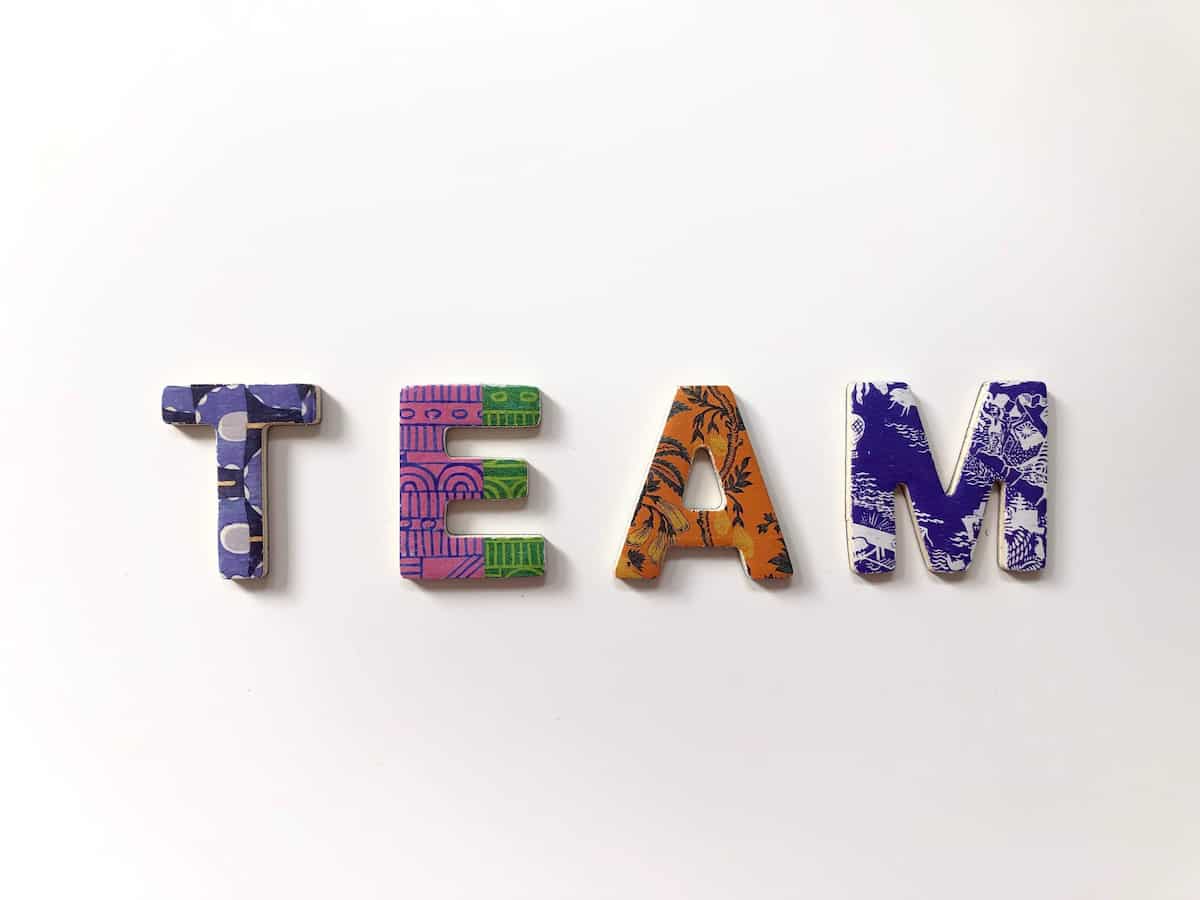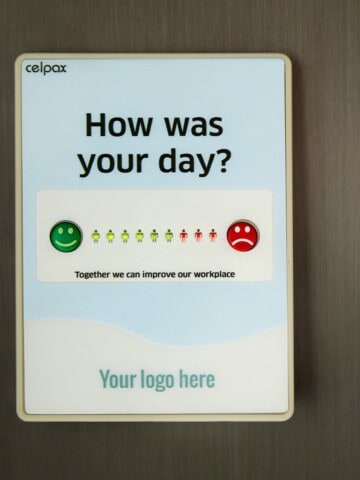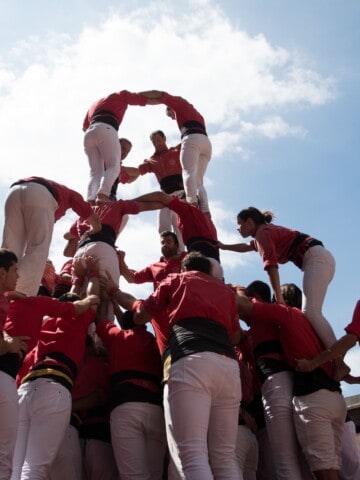Team culture is a phrase that borders on that touchy-feely, people-y realm that sets some corporate leaders on edge. These jitters typically stem from not understanding what exactly culture is, how to create it, how to nurture it, and how to measure it. Let's cast aside such fears by spending the next few minutes together answering the question 'what is team culture.' With this knowledge we can begin to harness the power of the mightiest of organizational tools ... a positive work environment.
Team culture defined
Team culture is basically the personality of your team, as a collective. Team culture, as opposed to corporate culture, is the way one unit interact with each other; how their shared values and beliefs impacts communication, decision-making, and work relationships. Basically, it is is the overall group vibe.
To better understand team culture, think of a group you've been a part of and answer the questions:
- What was the team communication style....highly professional, casual, lots of bantering, deference to a leader?
- How did info flow in the group...did a leader tightly control information channels and data, were ideas freely shared, did everyone have a chance to weigh in?
- What were work relationships like...familial, buttoned-up, hierarchical, equitable?
- How were conflicts handled....swept under the table and ignored, a leader who always had the last word, efficiently between the involved parties?
- How are both achievements and missteps recognized...publically, privately, often, infrequent and inconsistent?
- How are newcomers assimilated...with open arms, they are put through a gauntlet?
Recognizing the team dynamics you've been a part of previously can help you understand how a team interacts and, more importantly, the environment you want to create for your team to thrive.
The biggest impact on team culture is the conduct of the team lead. Don't like the team's behavior? Start by changing your own.
Nancy Stewart, Talent Alchemists
What team culture isn't
You've probably heard corporate recruiters utter statements like "we have a ping pong table" or "we go out to happy hour every Thursday" when discussing culture. To be clear, these perks and plans do not define a team's culture. What really defines the culture is how everyone interacts and behaves while at the ping pong table or the happy hour. Review the questions above and apply them to a specific scenario like happy hour....that exercise will give you invaluable insight to a team's dynamics.
Ultimately, perks like games, free meals, even good benefit packages, are merely accessories to the created culture. In a planned team culture (and they all should be planned, this isn't something to leave to happenstance), the leader and team members will first decide on rules of engagement...how to communicate, resolve disputes, treat one another...then they will add accessories that complement the culture.
Why team culture matters
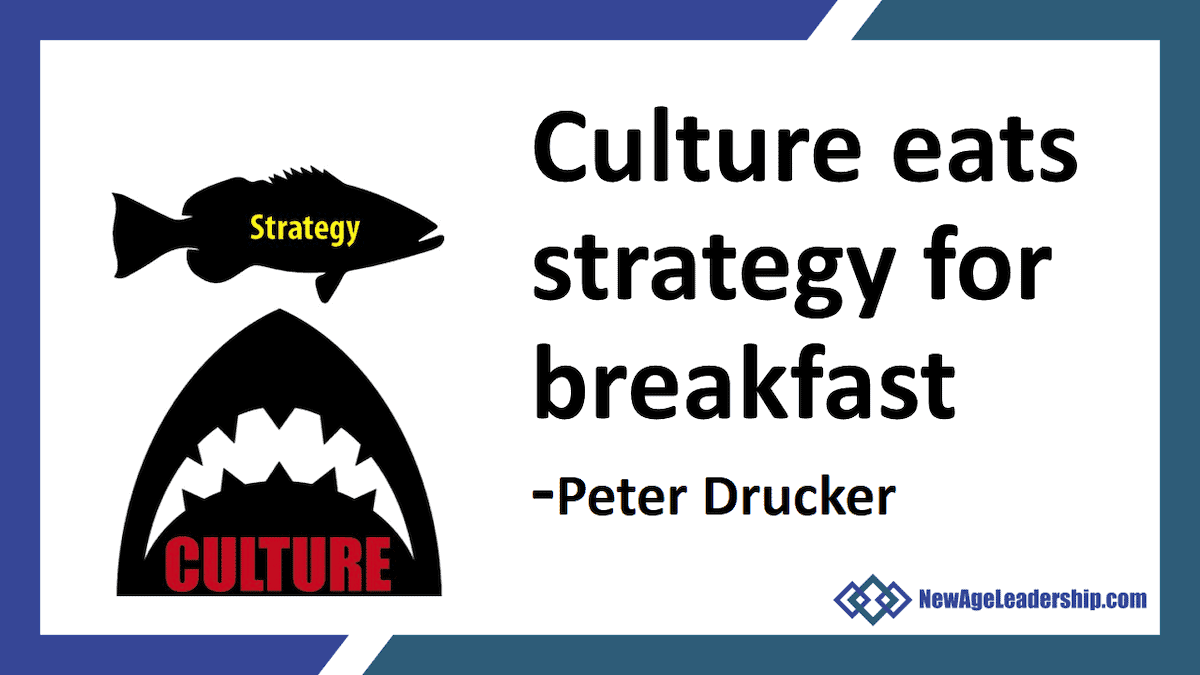
Culture is the foundation for ALL interactions, communication, and decision-making in the team. Think of it like tracks for a roller coaster. The tracks can be designed to go forward, backward, uphill, downhill, upside down, and all manner in between. How a rider experiences that roller coaster is based on the design of the tracks. Does the rider love it, hate it? Are they afraid, exhilarated? Most importantly, is the rider motivated to get back in line for another go?
As a team leaders, you are the roller coaster architect. How are your team members going to experience work. Does the framework they work within inspire them to engage and contribute?
Understanding that culture is the basis for how all work gets done in a team, it is quickly easy to see how culture has a tremendous impact on employee satisfaction, retention, and productivity. If your team culture is a hot mess of drama, negativity, and dysfunction, your employees are not going to be happy. They'll be less engaged, less productive, and more likely to leave for greener pastures. On the other hand, a positive team culture can make employees feel valued, connected, and excited to come to work every day. The are on the right track (see what I did there?) to reach team actualization.
How do you create a positive culture
I don't think I'm going out on a limb to say, as a leader you want a productive, engaged team, and therefore, plan to go down the path of creating a positive work environment. Here are a few keys to molding that environment:
- Be a role model. As a leader, your behavior sets the tone for the rest of the team. If you want a positive, collaborative culture, model that behavior yourself.
- Communicate, communicate, and communicate some more. Make sure everyone knows what's expected of them, and keep them in the loop about important decisions and updates.
- Celebrate successes (and failures). Acknowledge the wins and the challenges, and use them as learning opportunities for the team.
- Be human. Connect with team members on a personal level (obviously, in a legal and appropropriate manner). Share stories about your weekend, your family, your hobbies.
- Encourage brainstorming. Leaders don't have all the answers; ensure everyone has a chance to be heard.
- Admit mistakes. Everyone is falliable, even leaders. Own your issues which sets the tone that the envrionment is a safe place to mess up and learn.
- Involve the team in cultural "ground rules." Culture isn't something that can be imposed from the top down. It needs to be a collaborative effort, with everyone working together to create something that works for everyone.
- Practice patience. Culture change doesn't happen overnight. It can take months, even years, to fully establish a new way of doing things. But if you're committed to the process, and you're willing to put in the work, the results can be truly transformative.
- Have some damn fun! Work can be stressful, but that doesn't mean it has to be a soul-sucking slog. Create opportunities for your team to bond and have fun together.
Here's the important take-away: team culture isn't something you can just create out of thin air. It's not like ordering a pizza or buying a new piece of furniture. It takes time, effort, intention and a lot of trial and error to develop a culture that truly works for your group.
Check out 4 Characteristics of a Good Team for more ideas.
Summary
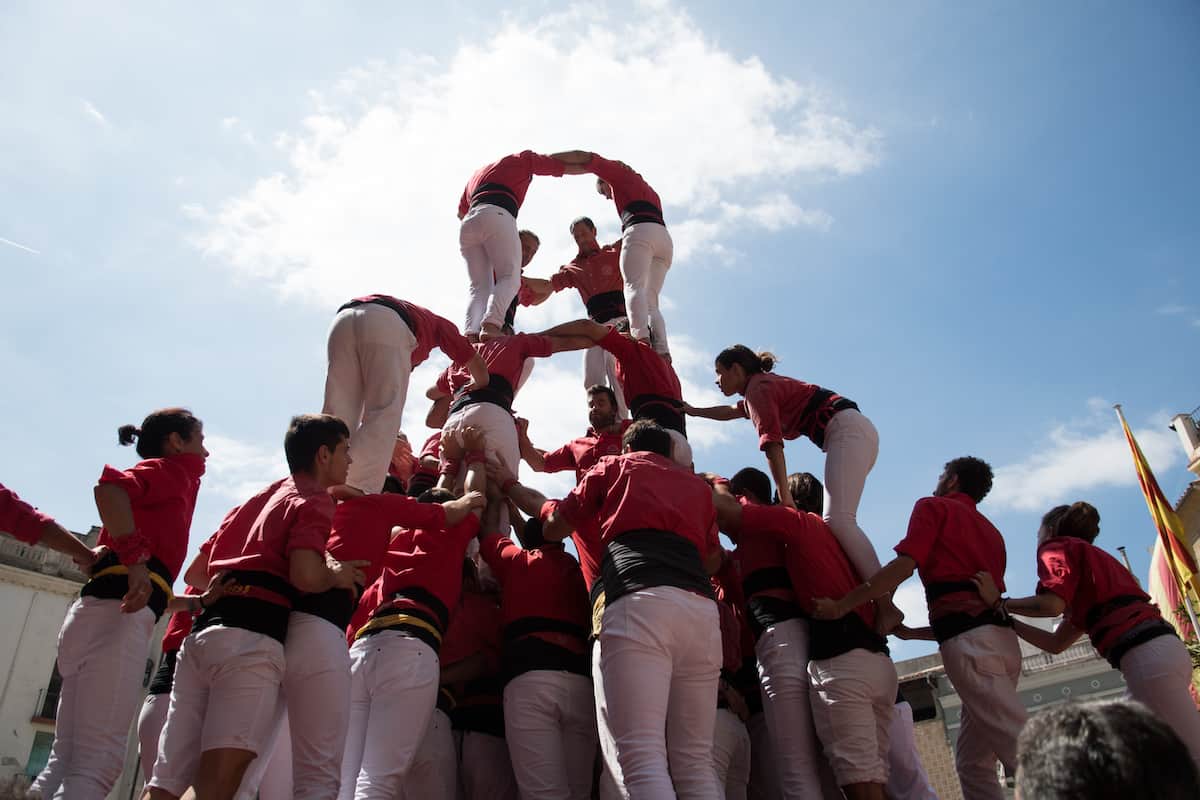
So there you have it, folks. Team culture is important, and if you're not paying attention to it, you're probably not doing a great job as a leader. Don't fear the people-y aspect of your work; those are the most critical responsibilities. What can you do today to start nurturing a positive culture with your team?

